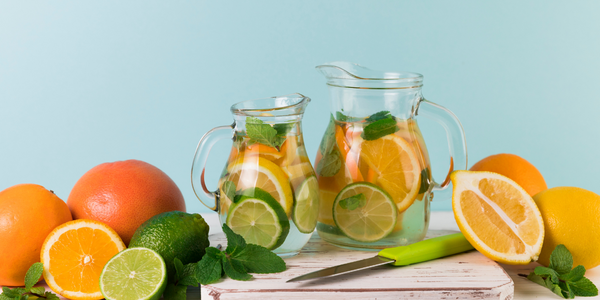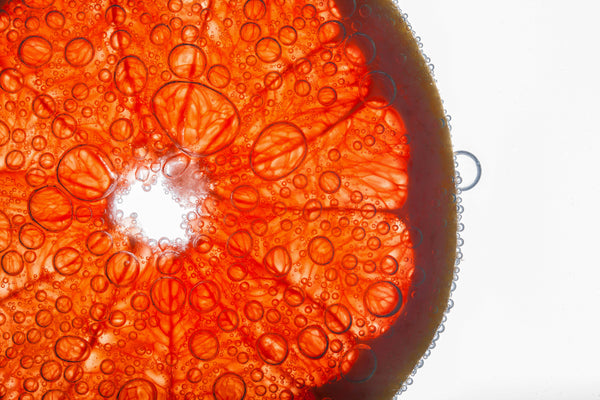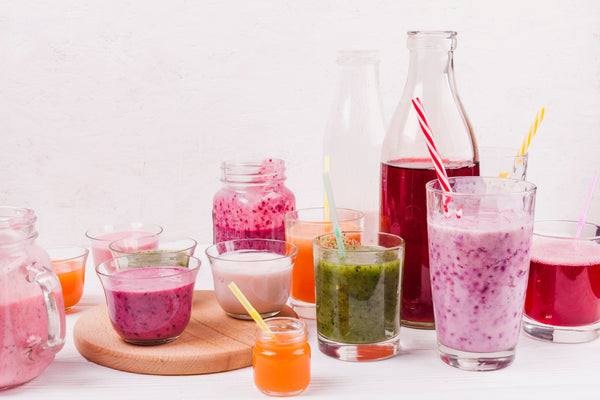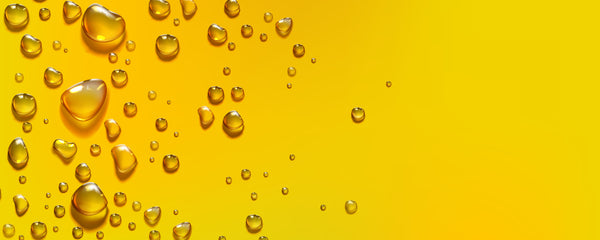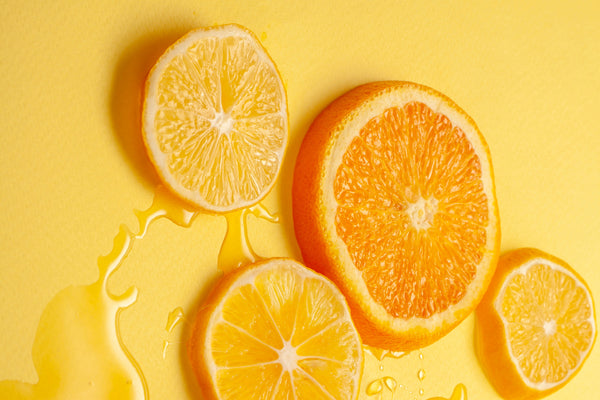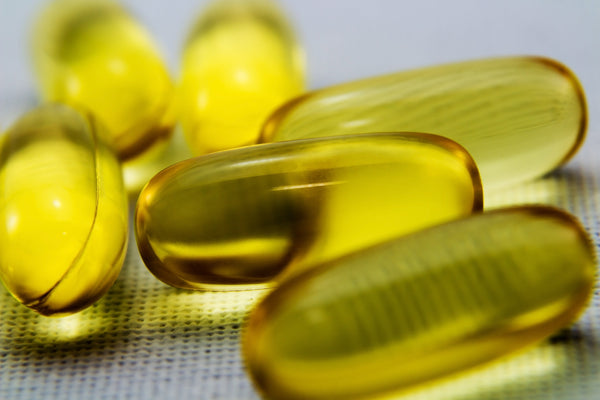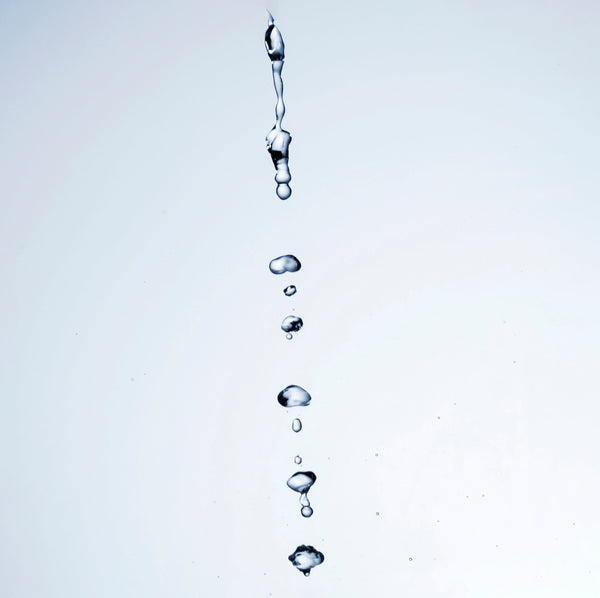Iron is an essential building block in the fortress that is your body. After all, it needs this important mineral to make hemoglobin, a vital protein in red blood cells that is responsible for transporting oxygen from the lungs to the different parts of the body. Less iron in your system, and your red blood cells won’t be able to produce the substance required to send oxygen to every nook and cranny of the body. This is not at all conducive for one’s overall wellbeing, given that all our body functions are dependent on this important gas to function to their full potential. In short, our very survival is reliant on oxygen. This attribute alone makes iron one of the most important nutrients and we must ensure that we have sufficient amounts of it in our body at all times.
What Are The Other Reasons That Make Iron So Important?
Iron is also required to make another essential protein, myoglobin, that is responsible for providing oxygen to the muscles. Additionally, it plays an instrumental role in the production of hormones that regulate so many of the body’s functions, right from metabolism to the growth and development of the body. Iron also helps to uplift one’s mood, boost immune system, improve cognitive function, and aid in regulating metabolism, among other things.
Why Is There A Growing Need For Iron These Days?
Our fast-paced lives and on-the-go diet has rendered the food we consume nutritionally deficient. We opt for food that’s easily available and seldom pay heed to its nutritional value. Perhaps that’s why our generation has a weak immune system with so many nutritional deficiencies. One of the most common deficiencies that people suffer from is iron deficiency. While a poor diet is the primary reason behind iron deficiency, people also tend to lose iron if they lose blood. Women tend to require more iron than men, since they tend to lose a lot of blood during menstruation. Even pregnant women tend to require more iron. Read our blog, Here's Why Women Require Iron Supplements More than Men to know more. Apart from these, slow, chronic blood loss within the body caused due to peptic ulcers, a colon polyp, hiatal hernia, can also lead to iron deficiency and in most cases iron deficiency anemia.
How Much Iron Is Required By The Body?
A lot of factors determine the amount of iron required by the body. No two people will have the same amount. The amount of iron you require each day depends on your sex, age and your eating habits.
The amount of iron that men above the age of 18 require is 8.7mg a day as compared to 14.8 mg of the nutrient that women between the ages of 19 and 50 need. Above the age of 50, women tend to require less iron, i.e. 8.7mg due to menopause.
If you’re a vegetarian, you may require almost twice as much iron as what an average non vegetarian person will require as the body finds it difficult to absorb non heme iron in plant foods and heme iron in animal foods.
For the uninitiated, heme iron is obtained from hemoglobin, which is mainly found in animal foods that primarily contain hemoglobin such as fish, red meats, and poultry. On the contrary, most nonheme iron is from plant sources.
So What’s The Solution?
The best way to up your iron levels is by having foods that are rich in iron. Some of the foods that are rich in iron include beetroot, spinach, moringa leaves, amaranth leaves, coriander, parsley, fenugreek, radish leaves, colocasia leaves, mustard leaves, and dried foods like figs, apricot, prunes, almonds, pumpkin seeds and the like. Non-vegetarian foods like meat, seafood and poultry are also good sources of this essential mineral. However, if one’s diet falls short of meeting with the adequate requirements of the body, they need to rely on dietary, in this case, iron supplements such as Wellbeing Nutrition’s (WBN’s) Melts® Nano Iron.
What Are Melts® Nano Iron?
Melts® Nano Iron are oral thin strips embodying the sublingual delivery technology that causes the strips to melt the moment they touch the tongue. To put it simply, they are iron supplements in the form of oral thin strips. These rapid mouth dissolving strips convert natural plant-based ingredients into nanoparticles. Each of these strips contain essential ingredients like organic beetroot, organic spinach, iron, folic acid, acerola cherry, organic swiss chard, and organic pumpkin seeds.
These strips have the potential to help improve hemoglobin production, red blood cell formation, iron absorption, and energy levels. Simply put, Wellbeing Nutrition’s Melts® Nano Iron oral thin strips are the one-stop solution to all your iron requirements.
Final Takeaway:
Iron is one of the most significant nutrients that the body requires from time to time. Its most important function is to aid the red blood cells produce the substance required to send oxygen to the different parts of the body. If the oxygen isn’t properly transported, the body will cease to function properly and effectively. In today’s time and age of fast-paced life, it is very easy to neglect including nutrient-rich foods to your diet. Your regular diet must include foods that are rich in this essential nutrient. If it doesn’t, ensure you give Wellbeing Nutrition’s Melts® Nano Iron- a unique form of iron supplements- a try as it will ensure better absorption and bioavailability than the traditional capsules and medicines. So if you haven’t bought yourselves a pack of Melts® Nano Iron, hurry up and do so!
References:
- Abbaspour N, Hurrell R, Kelishadi R. Review on iron and its importance for human health. J Res Med Sci. 2014;19(2):164-174. (https://www.ncbi.nlm.nih.gov/pmc/articles/PMC3999603/)
- Briguglio, M.; Hrelia, S.; Malaguti, M.; Lombardi, G.; Riso, P.; Porrini, M.; Perazzo, P.; Banfi, G. The Central Role of Iron in Human Nutrition: From Folk to Contemporary Medicine. Nutrients 2020, 12, 1761. https://doi.org/10.3390/nu12061761. (https://www.mdpi.com/2072-6643/12/6/1761#cite)
- Harrison-Findik DD. Gender-related variations in iron metabolism and liver diseases. World J Hepatol. 2010;2(8):302-310. doi:10.4254/wjh.v2.i8.302. (https://www.ncbi.nlm.nih.gov/pmc/articles/PMC2999297/)
- Iron, vitamins and minerals, NHS (https://www.nhs.uk/conditions/vitamins-and-minerals/iron/)
- Iron, The Nutrition Source ( https://www.hsph.harvard.edu/nutritionsource/iron/)













